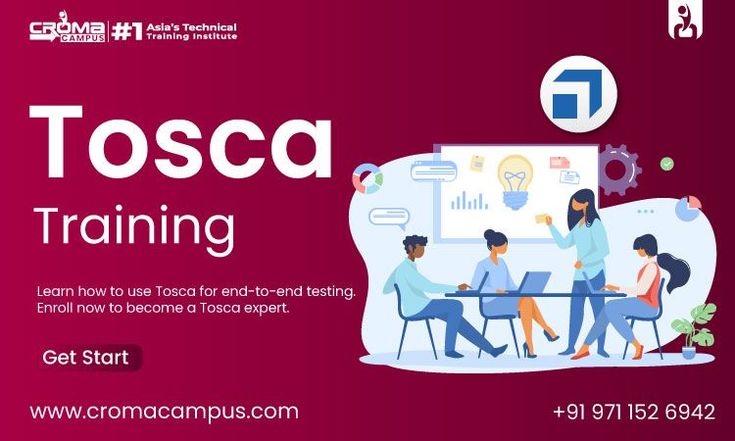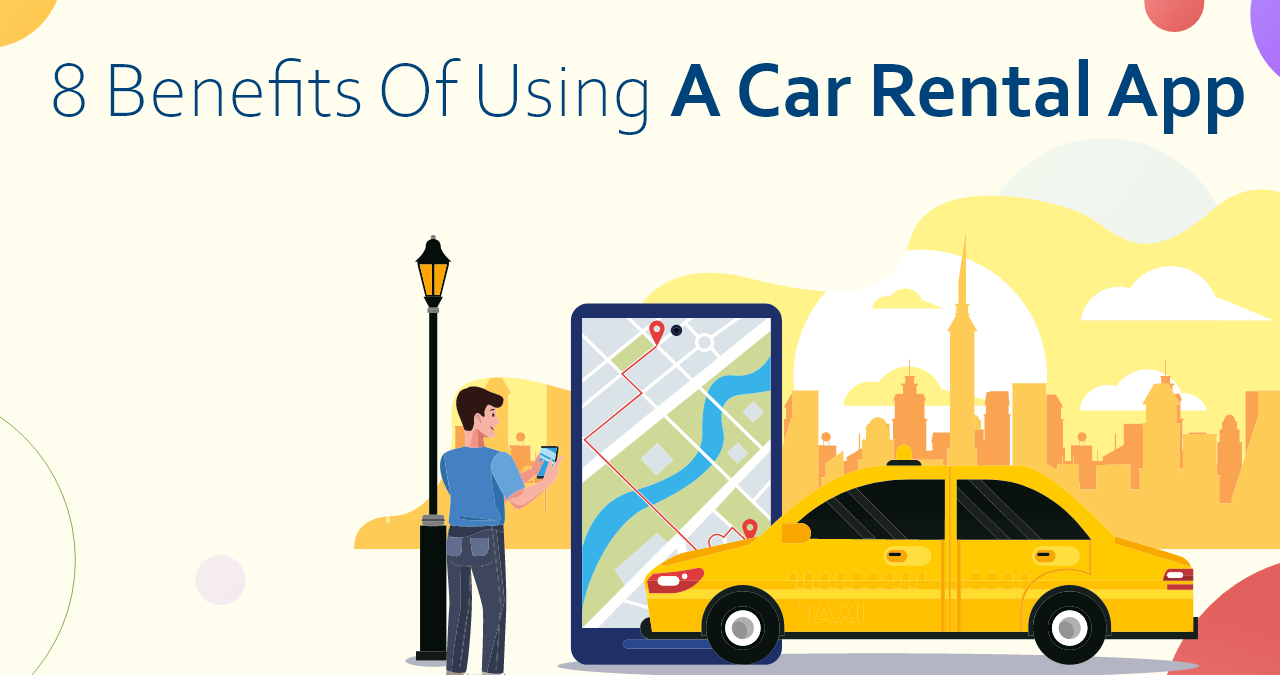Building a successful travel agency website with Vrutti IT Solutions involves a series of strategic steps to ensure the site is user-friendly, informative, visually appealing, and optimized for search engines. Here’s a comprehensive guide to help you build a top-notch travel agency website:
1. Define Your Goals and Audience
- Identify Target Audience: Understand who your potential customers are. Are they solo travelers, families, business travelers, or adventure seekers?
- Set Clear Goals: Determine what you want to achieve with your website. Is it to increase bookings, provide travel information, or showcase travel packages?
2. Choose the Right Platform
- Select a CMS: WordPress, Joomla, and Drupal are popular Content Management Systems (CMS) that offer flexibility and a wide range of plugins and themes.
- Consider Custom Development: If you need specific functionalities, Vrutti IT Solutions can build a custom Development Services website tailored to your needs and concept development to design, coding, testing, deployment, and ongoing support. Our comprehensive approach ensures that every aspect of your website is meticulously crafted and maintained.
3. Design a User-Friendly Interface
- Responsive Design: Ensure the website is mobile-friendly and works seamlessly on all devices.
- Intuitive Navigation: Organize the site structure so users can easily find information, such as destinations, packages, booking forms, and contact details.
- Visual Appeal: Use high-quality images and videos to create an engaging and visually appealing site. Consider a modern, clean design with plenty of white space.
4. Integrate Essential Features
- Booking System: Implement a reliable booking engine that allows users to book flights, hotels, and packages directly from your site.
- Search Functionality: Add a robust search feature to help users find travel options quickly.
- Payment Gateway: Integrate secure payment options to facilitate online transactions.
- User Reviews and Testimonials: Display customer reviews and testimonials to build trust and credibility.
5. Content Strategy
- Engaging Content: Create compelling and informative content about destinations, travel tips, and itineraries.
- Blog: Start a travel blog to share stories, advice, and news. This can help with SEO and keep users engaged.
- Multilingual Support: If you cater to an international audience, consider adding multilingual support to your site.
6. SEO Best Practices
- Keyword Research: Identify and use relevant keywords in your content, meta tags, and headers.
- On-Page SEO: Optimize title tags, meta descriptions, images (alt text), and URLs.
- Quality Content: Regularly update your site with fresh, high-quality content.
- Technical SEO: Ensure your site has a fast loading speed, is mobile-friendly, and has a secure HTTPS connection.
- Backlink Building: Work on acquiring high-quality backlinks from reputable sites in the travel industry.
7. Social Media Integration
- Social Sharing Buttons: Add social media sharing buttons to your content to increase visibility.
- Social Media Feeds: Embed your social media feeds to showcase real-time updates and engage with visitors.
- Promotions and Offers: Use social media to promote special deals and offers, driving traffic to your website.
8. Analytics and Tracking
- Google Analytics: Install Google Analytics to track visitor behavior, popular pages, and conversion rates.
- Heatmaps: Use heatmap tools to understand how users interact with your site and identify areas for improvement.
- A/B Testing: Conduct A/B tests to optimize different elements of your site, such as call-to-action buttons and landing pages.
9. Customer Support
- Live Chat: Implement a live chat feature to provide instant support to visitors.
- Contact Forms: Ensure contact forms are easy to use and accessible from multiple pages.
- FAQ Section: Create a comprehensive FAQ section to address common queries and concerns.
10. Regular Maintenance and Updates
- Security Updates: Regularly update your site’s software and plugins to protect against security vulnerabilities.
- Content Updates: Keep your content fresh and up-to-date to remain relevant and engaging.
- Performance Monitoring: Continuously monitor your site’s performance and make necessary improvements.
By following these steps, Vrutti IT Solutions can help you build a successful travel agency website that attracts and retains customers, drives bookings, and enhances your brand’s online presence.



